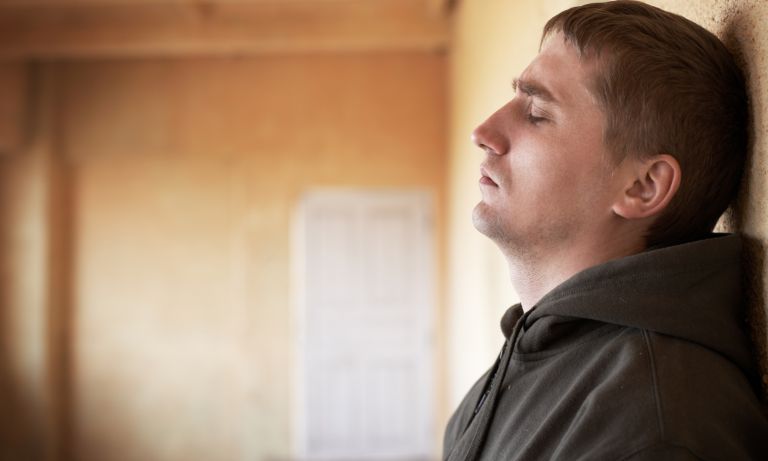Dealing with a traumatic event in your life can make it difficult to transition back into your daily life and routine. Your traumatic experiences can easily cause a negative impact on your home life, work, and social situations.
Whether it be a natural disaster, a violent attack, or some sort of accident, there are ways for you to create a healthy approach for slowly integrating back into your life before the incident. So, here are a few ways to help you cope after experiencing a major life trauma.
One of the most important ways you can help yourself is by creating a support system of loved ones and therapists. Incidences like natural disasters, emotional and physical abuse or the passing of a friend can affect everyone differently and finding a program that caters to those needs can be invaluable for your mental health.
Companies like With Therapy take all the stress out of finding the therapist perfect for you. Instead of hours of endless scrolling and unsuccessful phone tag, With Therapy will match you with a therapist based on both of your individual availability, location, and your personal preference.
Turning to your friends, family, or a licensed professional is obviously a step in the right direction, but sometimes they don’t quite understand how you’re feeling or why you’re feeling a certain way. At these times, attending a support group for others who have survived similar circumstances.
Even if it may seem to be beneficial in the moment, ignoring your feelings will likely hinder the success of your recovery and cause you further emotional turmoil in the long run.
The unpredictable nature that surrounds many traumatic events can further the impact and the hold the experience has over you.
Natural disasters can be extremely devastating to everything it destroys. Homes and businesses can be easily swept away due to floodwaters, a tornado could decimate your neighborhood, or a wildfire could claim your family home—unfortunately, there is often no guaranteed way to prevent a natural disaster from destroying your home, but there are precautions you can take to lessen the damage for the next time.
When a natural disaster strikes, it may seem as if there is nowhere to turn. Fortunately, there are organizations, like the Federal Emergency Management Agency, also known as FEMA that offer public assistance and reimbursement to communities in an effort for them to rebuild and recover. FEMA has offered resources following Hurricane Harvey, Hurricane Katrina, and many other natural disasters. Their efforts provide with the people in these communities with emergency repairs, temporary housing,
While a natural, event can happen anytime or anywhere, those living in certain areas are more likely to experience one. Warm, tropical climates are more prone to hurricanes and tsunamis while the Midwest is home to Tornado Alley. While rebuilding after a disaster, you can be proactive by putting a limit to potential disasters in the future caused by inadequate infrastructure that could potentially increase the number of possible injuries or fatalities you and your loved ones may incur.
Ensuring you and your family are safe whenever the next disaster strikes will certainly help you to feel more at ease, while also regaining your sense of control, bit by bit.
Most importantly, be sure to keep in mind that there is no one right or wrong way for you to feel or deal with your life after trauma, but there are countless resources for you to turn to. Don’t rush your recovery, be patient with yourself and remember that your thoughts and feelings are normal reactions to having experienced a traumatic event.
